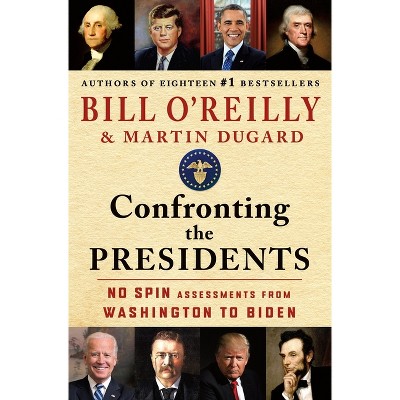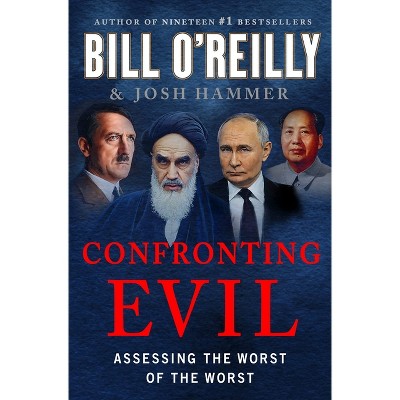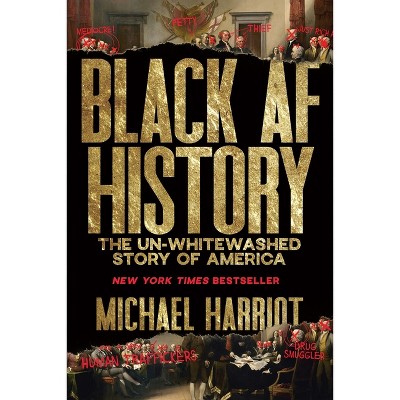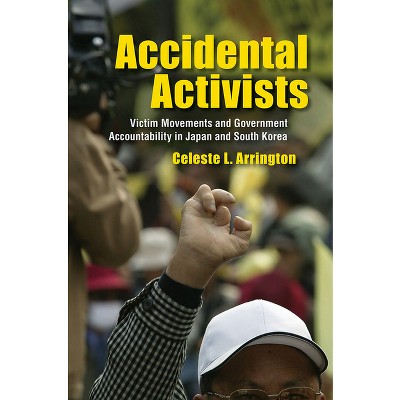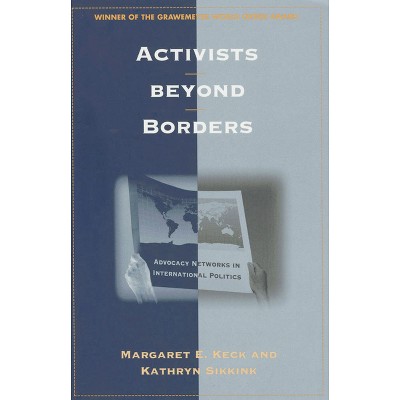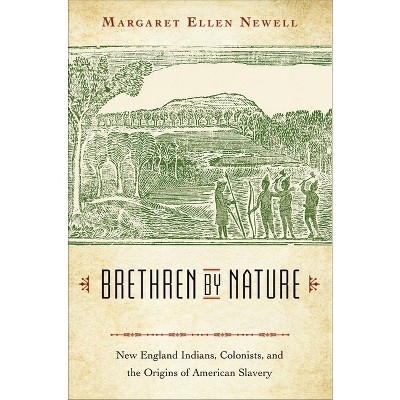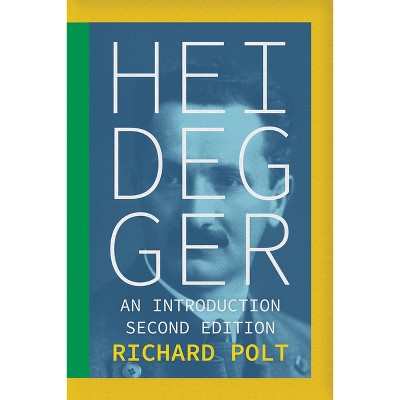About this item
Highlights
- In 1983, Boston and Chicago elected progressive mayors with deep roots among community activists.
- About the Author: Pierre Clavel is Professor of City and Regional Planning at Cornell University.
- 256 Pages
- History, United States
Description
About the Book
In 1983, Boston and Chicago elected progressive mayors with deep roots among community activists. Taking office as the Reagan administration was withdrawing federal aid from local governments, Boston's Raymond Flynn and Chicago's Harold Washington...
Book Synopsis
In 1983, Boston and Chicago elected progressive mayors with deep roots among community activists. Taking office as the Reagan administration was withdrawing federal aid from local governments, Boston's Raymond Flynn and Chicago's Harold Washington implemented major policies that would outlast them. More than reforming governments, they changed the substance of what the government was trying to do: above all, to effect a measure of redistribution of resources to the cities' poor and working classes and away from hollow goals of "growth" as measured by the accumulation of skyscrapers. In Boston, Flynn moderated an office development boom while securing millions of dollars for affordable housing. In Chicago, Washington implemented concrete measures to save manufacturing jobs, against the tide of national policy and trends.Activists in City Hall examines how both mayors achieved their objectives by incorporating neighborhood activists as a new organizational force in devising, debating, implementing, and shaping policy. Based in extensive archival research enriched by details and insights gleaned from hours of interviews with key figures in each administration and each city's activist community, Pierre Clavel argues that key to the success of each mayor were numerous factors: productive contacts between city hall and neighborhood activists, strong social bases for their agendas, administrative innovations, and alternative visions of the city. Comparing the experiences of Boston and Chicago with those of other contemporary progressive cities--Hartford, Berkeley, Madison, Santa Cruz, Santa Monica, Burlington, and San Francisco--Activists in City Hall provides a new account of progressive urban politics during the Reagan era and offers many valuable lessons for policymakers, city planners, and progressive political activists.
Review Quotes
Based largely on interviews with municipal policymakers, progressive politicians, university intellectuals, and neighborhood activists, in addition to a bountiful social science literature on urban planning and governance, the book argues that progressive forces scored noteworthy successes at the local level at a time when like-minded activists failed to have their voices heard nationally. Clavel's research has enriched our understanding of politics and governance in two important cities during a time of conservative ascendance.
-- "American Historical Review"In a sophisticated and approachable narrative, Clavel discusses how redistributive politics with a neighborhood focus triumphed--at least for a few years--in two of America's major cities. He does an especially skilled job of discussing what happens when the progressive dog actually catches the car of city government and becomes responsible for ruling.
-- "Choice"The interlinked stories of social movement and progressive governance make for a fascinating read.... Some of the most engaging passages describe how various community leaders came together to generate innovative policy ideas that fed into the Flynn and Washington administrations.... What could Obama have learned (and could still learn) from these local leaders about staying in campaign mode while governing, continuing to organize, and having organizers among the inner circle? What could he have anticipated about the backlash that comes from breaking the race barrier? Clavel's stories of 1980s urban progressivism definitely still resonate today.
--Lisa Ranghelli "Shelterforce"About the Author
Pierre Clavel is Professor of City and Regional Planning at Cornell University. He is the author of The Progressive City, coauthor of Reinventing Cities, and coeditor of Harold Washington and the Neighborhoods.
Shipping details
Return details
Trending History
